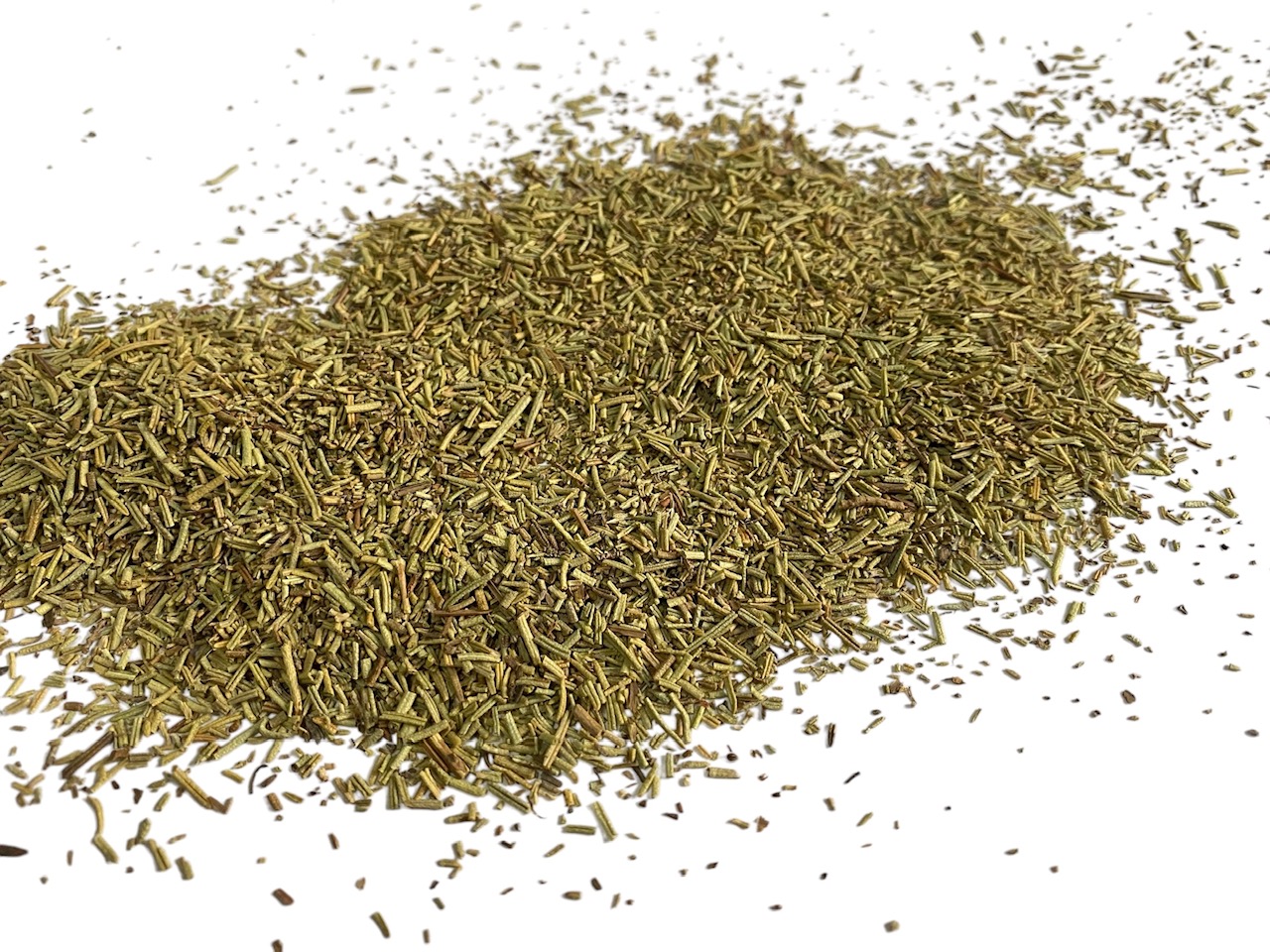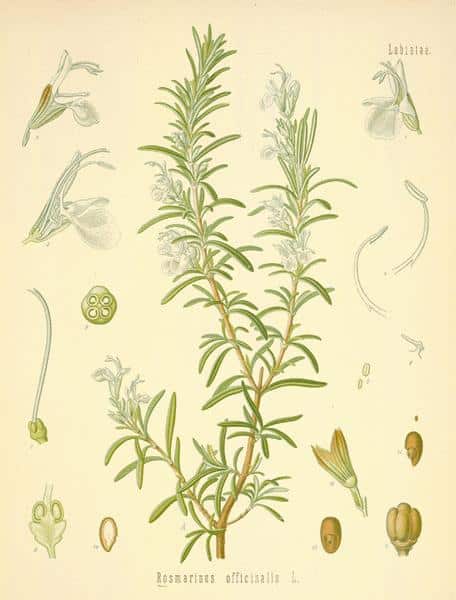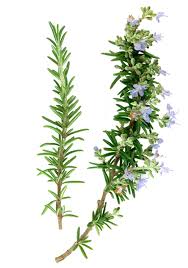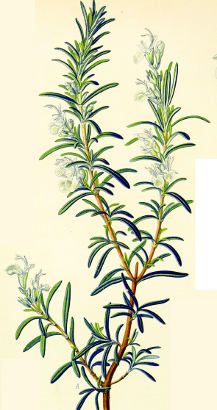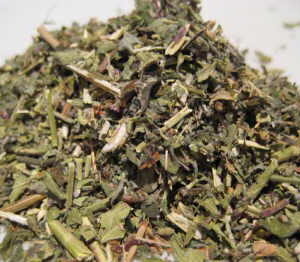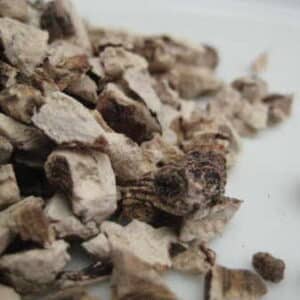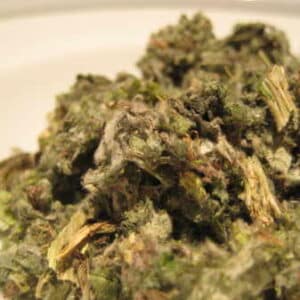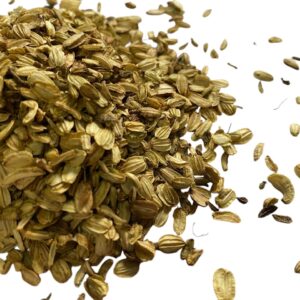Rosemary Cut Leaf – Rosemarinus officinalis
£4.50
Cut Rosemary Leaf
Rosemarinus officinalis
100 grams
Rosemary (Rosemarinus officinalis) is a woody, perennial herb with fragrant evergreen needle-like leaves. It is native to the Mediterranean region. It is a member of the mint family Lamiaceae, which also includes many other herbs. Forms range from upright to trailing.
Culinary Uses for Rosemary:-
The fresh and dried leaves are used frequently in traditional Mediterranean cuisine as an herb; they have a bitter, astringent taste, which complements oily foods, such as lamb and oily fish. A delicious infusion is often made from them. They are extensively used in cooking, and when burned gives off a distinct mustard smell, which can be used to flavour foods while barbecuing.
Medicinal Uses for Rosemary:-
Rosemary has been found to be a stimulant and mild analgesic, and has been used to treat headaches, poor circulation, and many ailments for which stimulants are prescribed.
The essential oil is a powerful convulsant; if applied undiluted to the skin, it may cause seizures in otherwise healthy adults or children.
It can be used as a disinfectant, as a mouth wash and to treat fever or rheumatism.
Externally it can be used in hair lotions; a few drops of the essential oil massaged into the scalp, then rinsed with an infusion of nettles can revitalise the hair. Used in this manner it supposed to prevent premature baldness (there is no evidence to suggest that this works at all – only hundreds of years of folklore and use) . Rosemary is also reported to stop dandruff.
Hungary water was first invented for a Queen of Hungary to ‘renovate vitality of paralysed limbs’. It was used externally and is prepared by mixing 180g of fresh rosemary tops in full flower into a litre of spirits of wine. Leave to stand for four days then distill. It is also supposed to work as a remedy against gout if rubbed vigorously on hands and feet.
For a tonic against headaches put some sprigs or dried herb into a teapot, add hot water, strain, and serve – it is strangely reddish in hue.
Rosemary and its constituents carnosol and ursolic acid have been shown to inhibit the growth of skin tumors and to provide a natural anti-oxidant protection against skin cancer and photodamage.
History or Rosemary:-
The name rosemary has nothing to do with the rose or the name Mary, but derives from the Latin name rosmarinus, which is presumed to mean “dew of the sea”, though some think this too may be derived from an earlier name.
Rosemary has a very old reputation for improving memory, and has been used as a symbol for remembrance (as in worn during weddings, war commemorations and funerals) in Europe, probably as a result of this reputation. Students in ancient Greece are reported to have worn sprigs of rosemary in their hair while studying for exams to improve their memory, and mourners would throw it into graves as a symbol of remembrance for the dead.
Rosemary is often commonly associated with memory or remembrance of the past, as in Hamlet, Act IV, Scene V, from Ophelia:”There’s rosemary, that’s for remembrance. Pray you, love, remember”.
Don Quixote (Chapter XVII, 1st volume) mixes it in his recipe of the miraculous balm of Fierabras with revolting results.
| batch-code | |
|---|---|
| country-of-origin |
